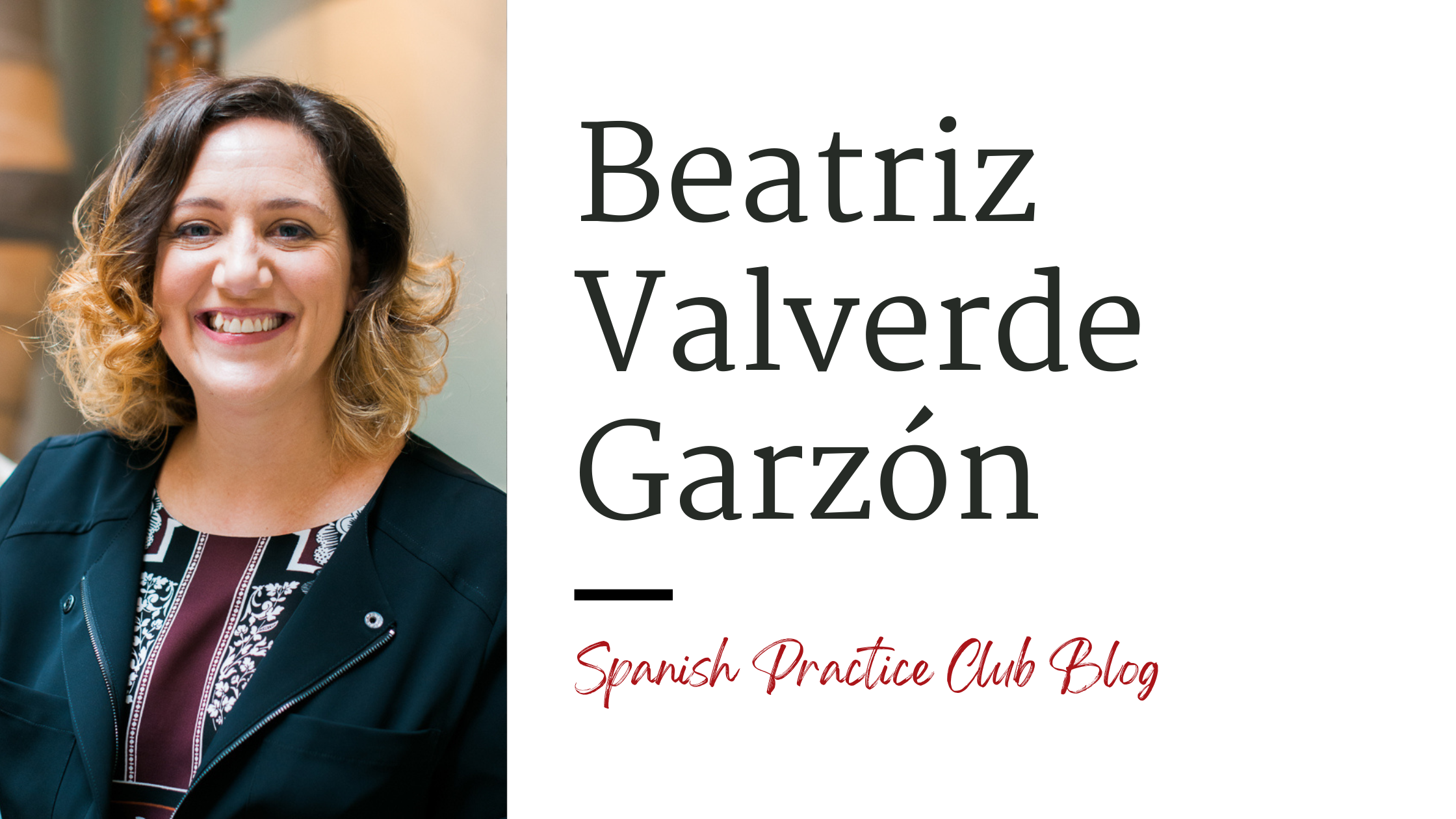Spanish Practice Club Blog
How To Learn The Spanish Language


17 strategies to skyrocket your Spanish language
“The deepest connection you have with someone & their culture, is through learning their language.” - Marisa J Taylor
17 strategies to skyrocket your Spanish language

Making progress in Spanish from day one is an exciting goal, and I'm here to help you get started with some effective strategies. As a qualified bilingual teacher, I know the importance of a strong foundation. Here are practical steps you can implement right away:
1. Start with the basics:
Begin by learning essential Spanish phrases and greetings. Focus on practical, everyday expressions like "Hola" (Hello), "Gracias" (Thank you), and "Por favor" (Please).
2. Master pronunciation:
Pay close attention to Spanish pronunciation from the beginning. Practice the sounds of the Spanish alphabet to ensure clear communication.
3. Use language learning apps:
Download language learning apps like Duolingo, Memrise, or Babbel. These apps offer interactive lessons and exercises to get you started quickly.
4. Learn common vocabulary:
Start building your vocabulary with common words and phrases relevant to your daily life. Learn words related to food, family, and everyday activities.
5. Embrace flashcards:
Create flashcards with Spanish words on one side and their English translations on the other. Review them regularly to reinforce your memory.
6. Listen actively:
Listen to Spanish music, podcasts, or audiobooks. Even if you don't understand everything, exposure to the language's rhythm and intonation is beneficial.
7. Speak aloud:
Practice speaking aloud, even if it's just repeating phrases after a native speaker in an app or on YouTube. This helps with pronunciation and fluency.
8. Simple conversations:
Engage in basic conversations with a language exchange partner or tutor. Start with introductions and simple questions like "¿Cómo te llamas?" (What's your name?) and "¿De dónde eres?" (Where are you from?).
9. Join a language community:
Consider joining a language learning community or club like Spanish Practice Club. Engaging with others who share your goals can be motivating and fun.
17. Watch Spanish videos with subtitles:
Watch Spanish videos or movies with English subtitles to understand context and pick up new words.
11. Label your environment:
Label objects around your home with their Spanish names. This constant exposure reinforces vocabulary.
12. Set achievable goals:
Define small, achievable goals for each day. For example, aim to learn five new words or practice verb conjugations for 10 minutes.
13. Use language learning websites:
Explore online resources like BBC Languages, FluentU, or SpanishDict for lessons, exercises, and language tips.
14. Stay consistent:
Consistency is key. Dedicate a set amount of time each day to your Spanish studies, even if it's just 15-30 minutes.
15. Don't fear mistakes:
Embrace your mistakes as part of the learning process. Spanish learners often worry about making errors, but they are opportunities to improve.
16. Keep a language journal:
Maintain a journal in which you write daily entries in Spanish. Describe your day, thoughts, or plans to practice writing skills.
17. Learn cultural insights:
Explore Spanish culture alongside the language. Learn about customs, traditions, and holidays. Understanding culture enriches your language experience.
Remember that learning a language is a journey, and progress may not always be immediately noticeable. The key is to stay motivated, practice regularly, and enjoy the process. With determination and these strategies, you'll see progress in your Spanish skills from day one.
